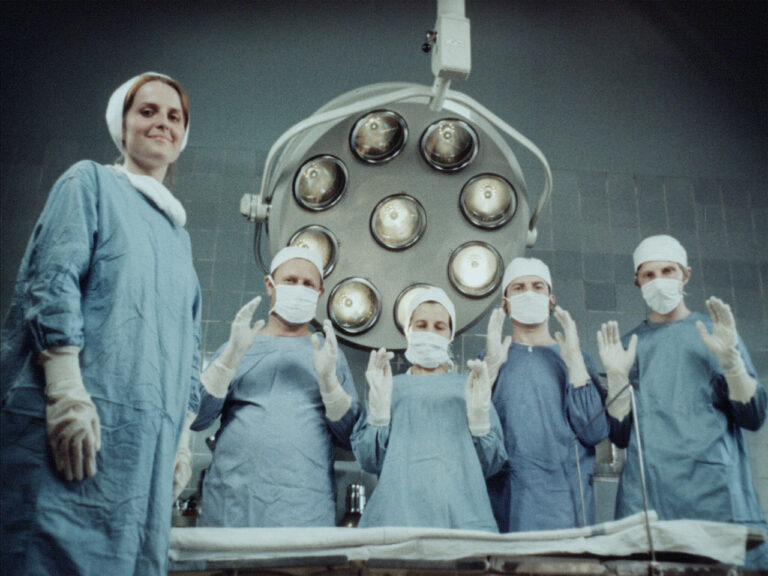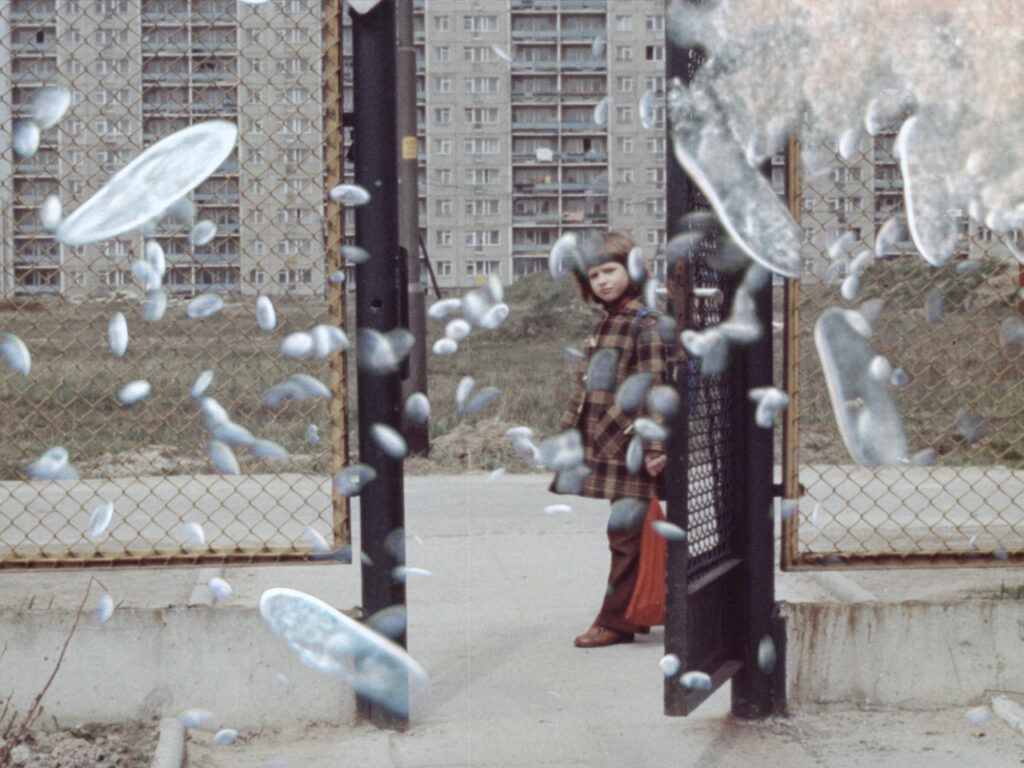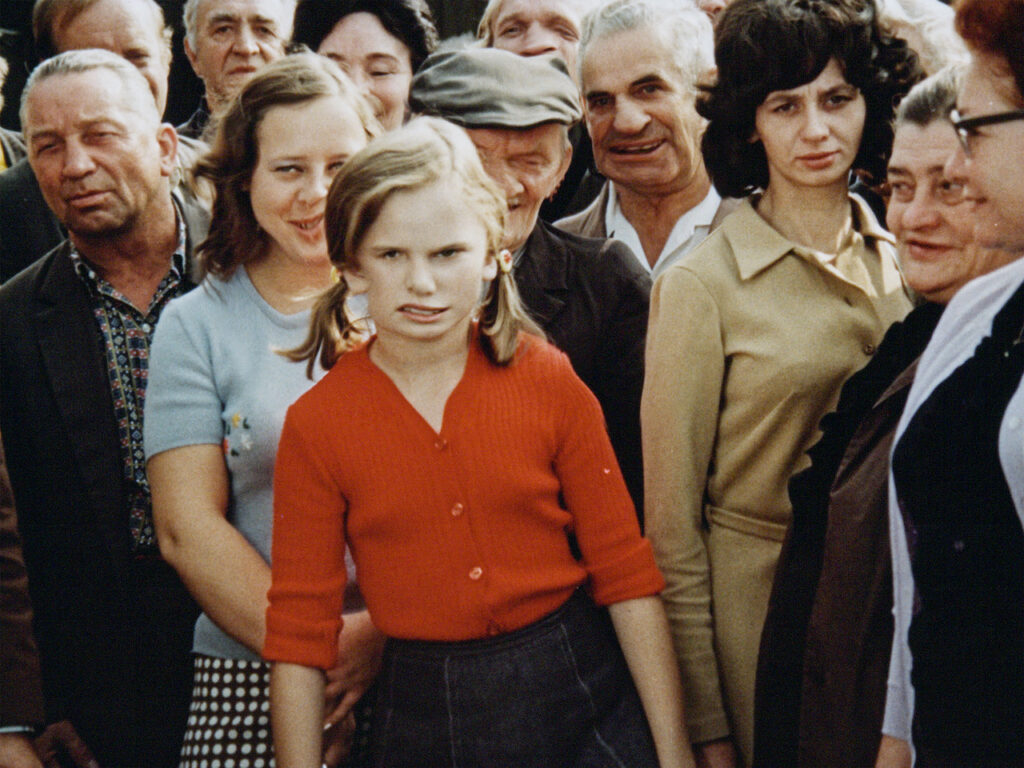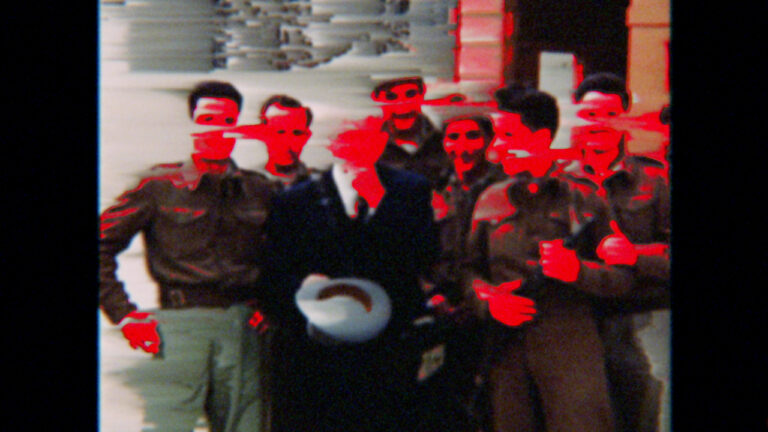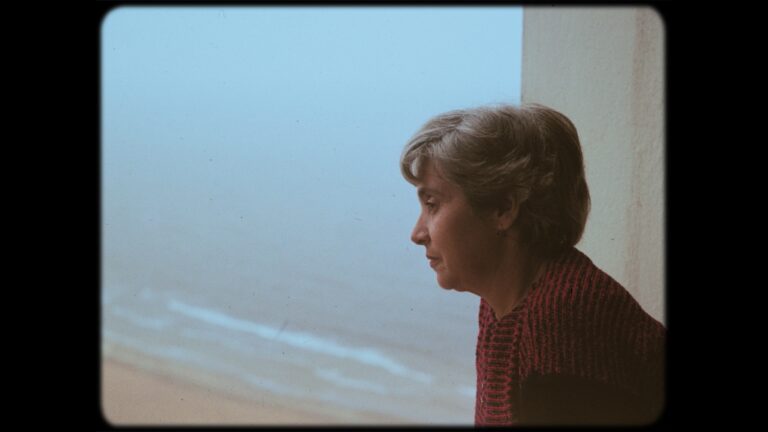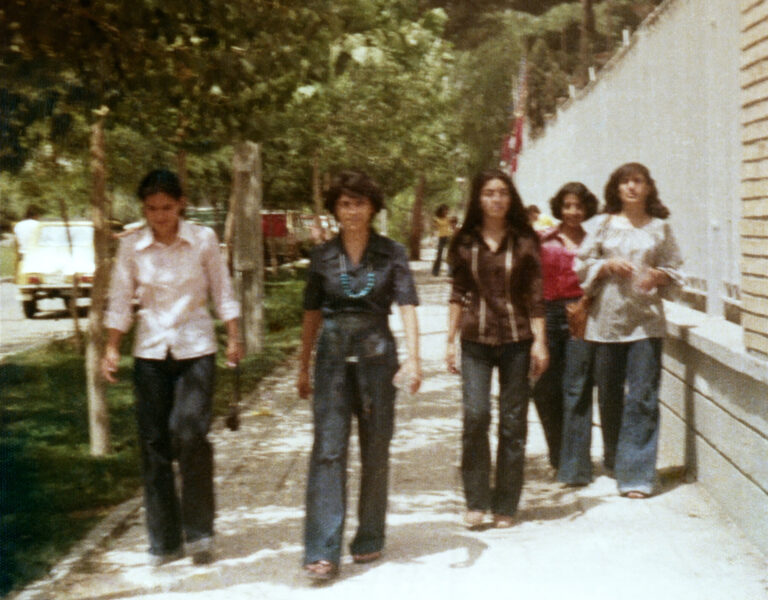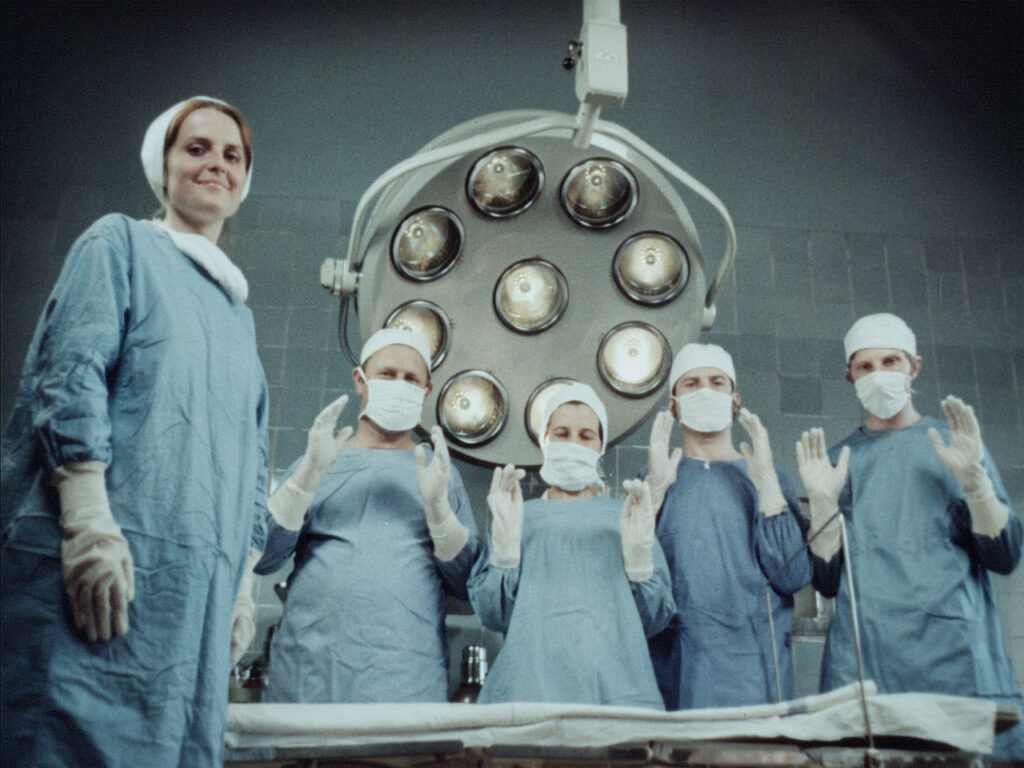
The film was created using archival materials from the Educational Film Studio of Łódź and tells the story of a matriarchal family seen through the eyes of a young girl confronting the reproduction of ideological and representational systems. Originally produced as educational and propaganda tools in Communist Poland, the footage is given a new meaning: a container of memories—blurring reality and imagination—and layered reflections on kinship, identity, and gender roles.
«The film emerged in the context of a research group in the Essay Film Studio existing in the vnLab next to the Polish Film School, which allowed access to over 300 films from the archive of the Educational Film Studio in Łódź. This was an institution in communist Poland that employed filmmakers to create educational films about numerous topics. In my films, I strive to make spaces rather than linear narratives, so I would focus on each part in a spatial manner, sometimes starting with sound, sometimes with narrative or a particular clip. From the beginning, I wanted to shift the footage from representation, so I was curious about what it could “do” rather than simply show.
From a very personal standpoint, the child was a way for me to investigate my own non-binarity and try to look for it within the footage, seeking for hybrids and moments that seemed somehow in-between. I didn’t want to introduce queerness as a direct narrative, but rather as an action, queering these normative images through the process of the child’s construction of their world.
Having the framework of the family, I then continued selecting the footage to create microcosms for each character. To convey this idea of a self-sustainable world of these women, I was careful to select clips that didn’t have men in focus, which significantly diminished the amount of material I could choose from. In many films women would be the side characters or assistants to scientists, or simply objects available for visual pleasure. Seeing how the female body has been viewed and regulated from the perspective of different scientific instruments of seeing, I wanted to include these as well, scrutinizing not only what is represented but how.»
– Zuza Banasińska
Information
Country
The Netherlands / PolandYear
2024Length
23'
Category
ExperimentalOrigin of archival materials
Educational Film Studio in ŁódźScreenplay
Zuza BanasińskaEditing
Zuza BanasińskaMusic
Martyna Basta, Julek Tarasiuk, Constanza Castagnet, Zuza BanasińskaSound
Zuza Banasińska, Constanza CastagnetProduction
Zuza Banasińska, Educational Film Studio in ŁódźDistribution
Video Power, Eye FilmmuseumDirector’s biography
Zuza Banasińska is an artist and filmmaker from Warsaw. In their essay films and installations, they use archives to examine how the reproduction of images enables the reproduction of systems, subjects and bodies. Grandmamauntsistercat received the Teddy Award for best short film of the 74th Berlinale.
